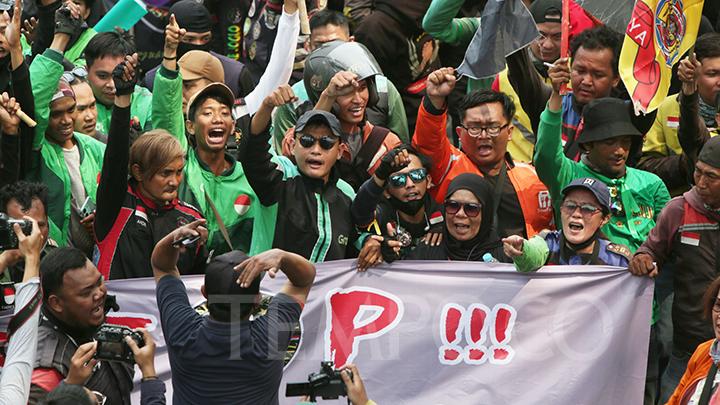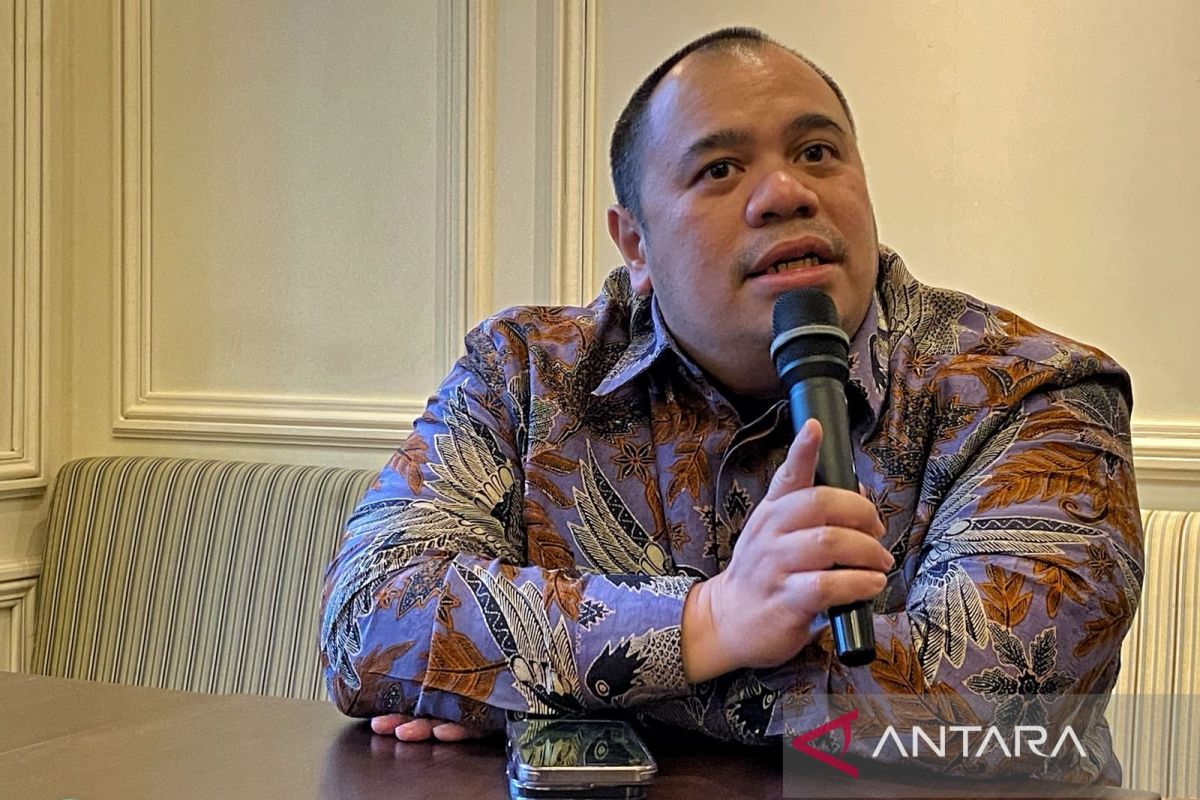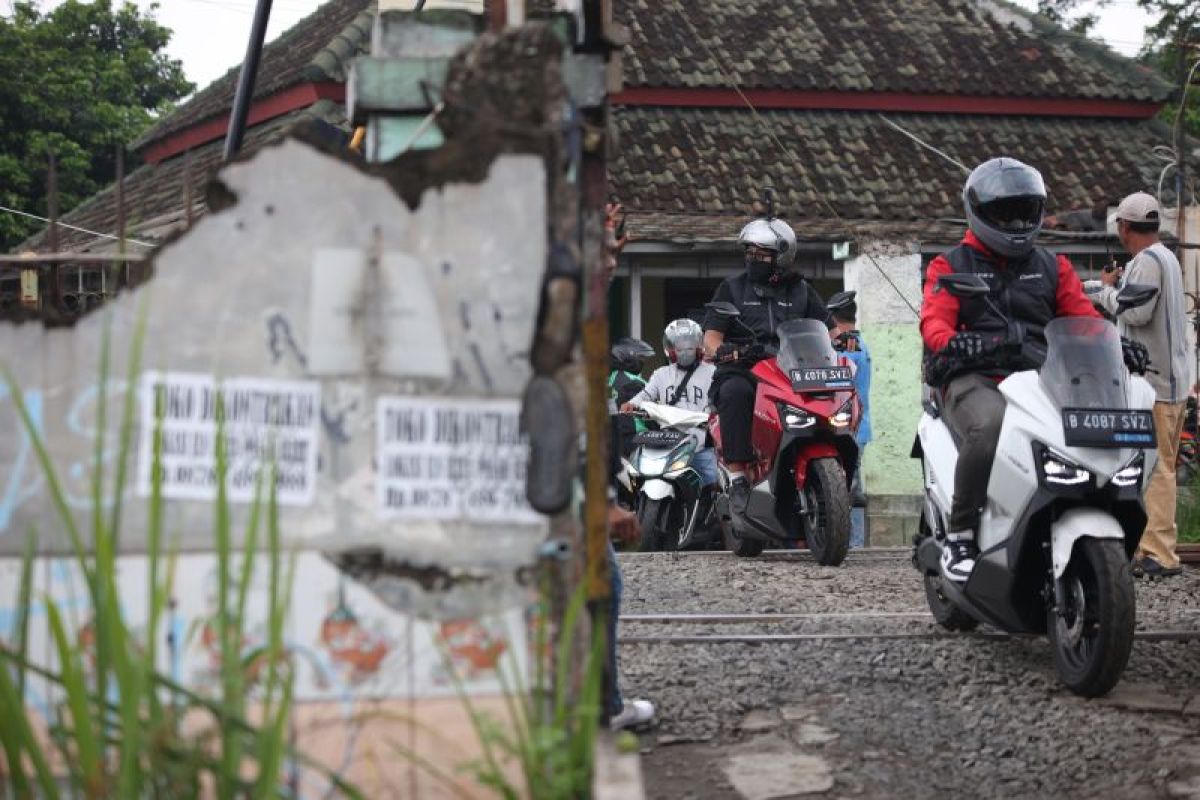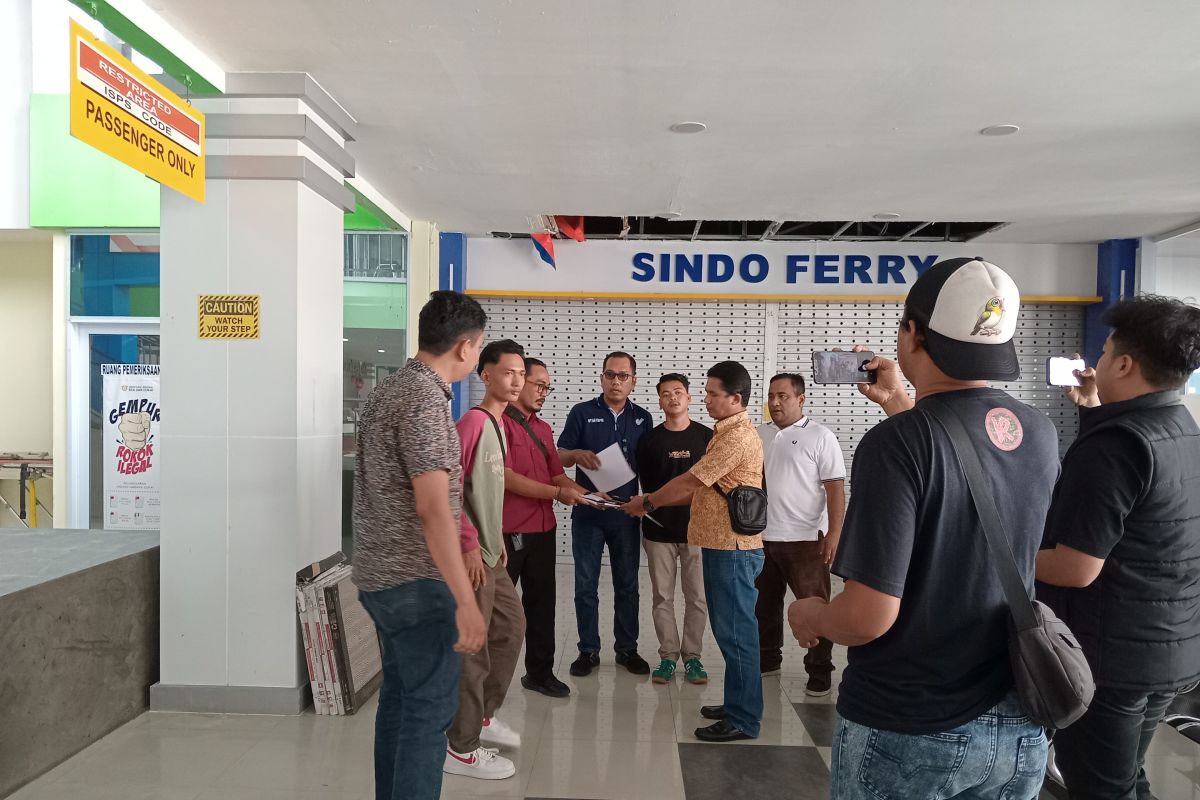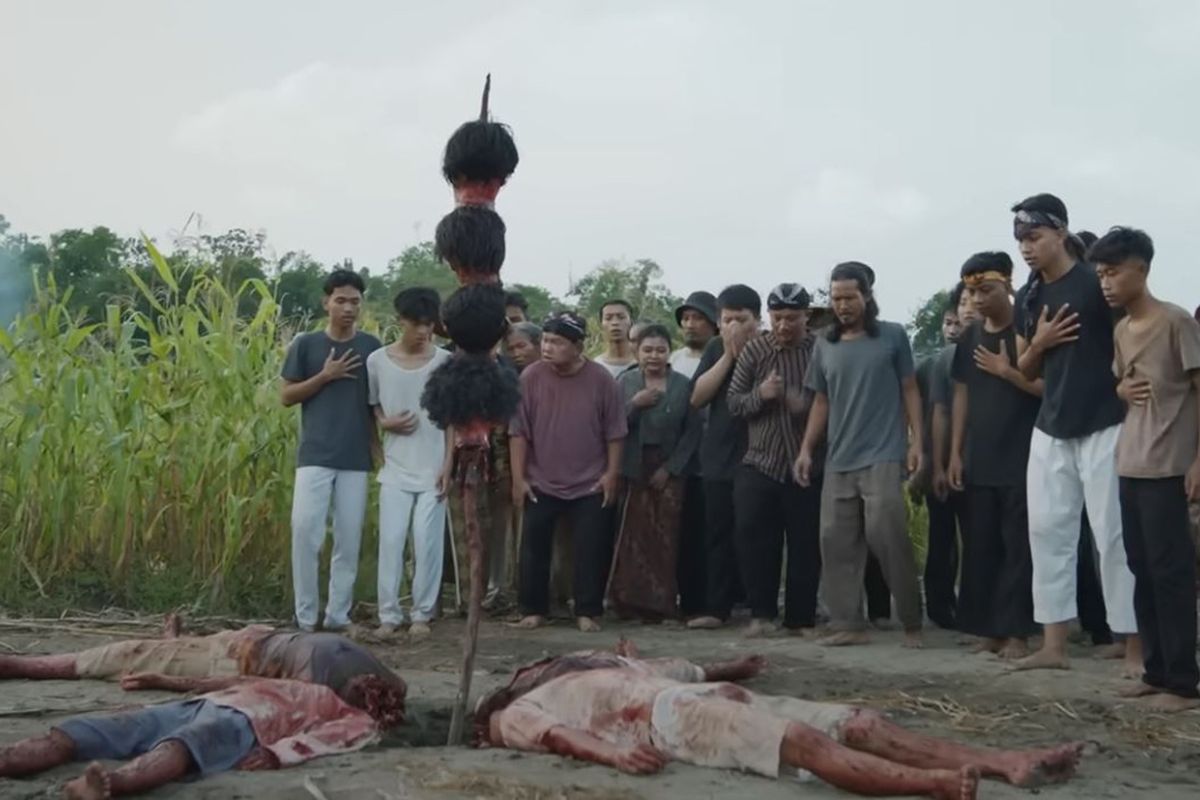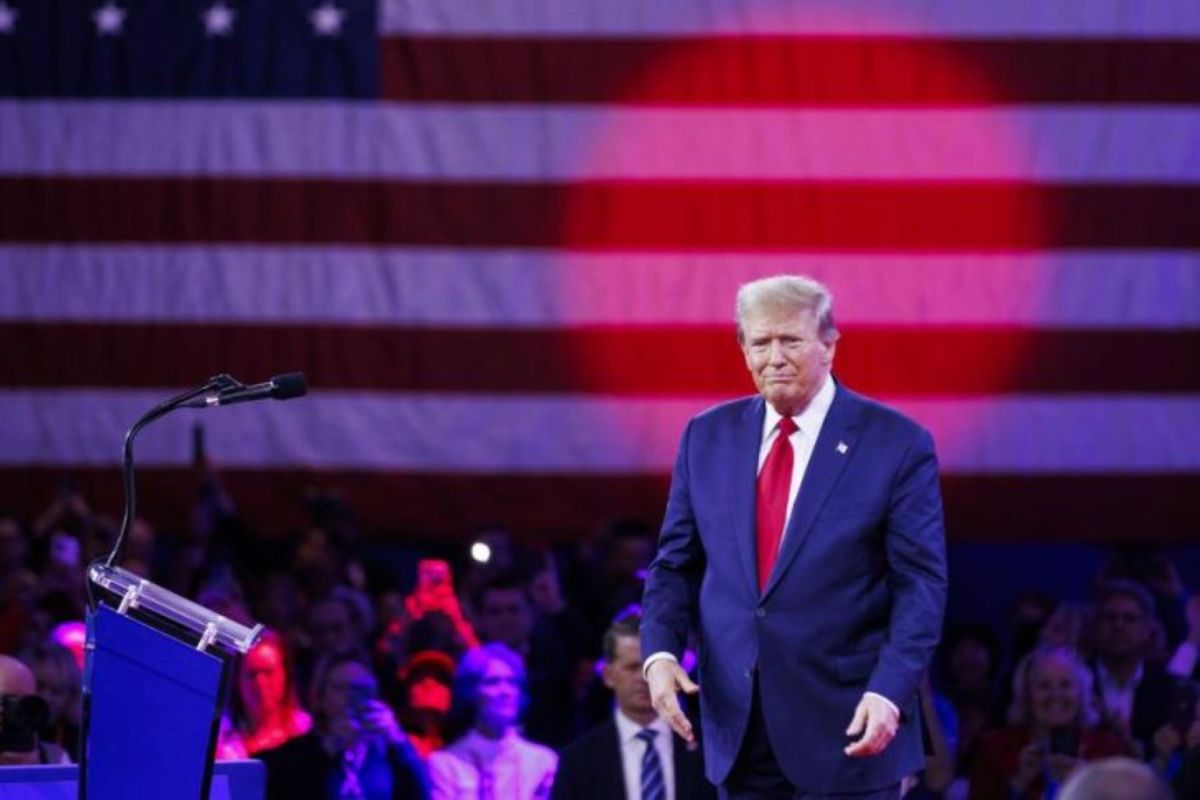TEMPO.CO, Jakarta - Indonesia Corruption Watch (ICW) has urged the House of Representatives (DPR) to halt the discussion of the revision of Law Number 34 of 2004 concerning the Indonesian National Military (TNI Bill) which is deemed closed and problematic. ICW views this revision as potentially reviving the practice of dual military functions and showing budget waste in the legislative process.
ICW highlights the way the DPR has discussed this bill in secrecy, including holding meetings at the Fairmont Hotel, Jakarta, last weekend. "This is contrary to the principle of openness in the formation of regulations," ICW wrote in a press release on Tuesday, March 18, 2025.
They estimated the cost of the meeting at the luxury hotel to range from Rp820 million to Rp1.2 billion, which is considered a form of wastefulness of state funds. The figures, ICW continues, were obtained from calculations of room rental prices ranging from Rp2.2 million for a deluxe room and Rp4.3 million for a suite room. This also includes a full board meeting package of Rp1,050,000/pax, as well as room rental fees ranging from Rp14 million to Rp130 million for a 2-day meeting.
Furthermore, ICW also criticizes the substance of the bill, which is seen as reopening opportunities for military dual functions. One of the articles in this revision expands the civilian positions that active soldiers can hold from 10 to 15 ministries and institutions. The expansion of positions and placement of the military in civilian positions can be dangerous because it may reduce the professionalism of the TNI in carrying out its main function of defending the state's defense and security," said ICW.
ICW also highlights the negative impact that could arise due to the weakness of law enforcement mechanisms against the TNI. They recalled the case of the Head of Basarnas, Henri Alfiandi, in 2023, where the Corruption Eradication Commission (KPK) had difficulty in taking action against an active soldier due to legal obstacles from within the TNI.
Based on this, ICW requested the DPR to immediately halt the entire process of discussing the TNI Law revision. "Discussions conducted in secret and without public participation must be stopped immediately. The MPR must accommodate public aspirations, not just the interests of a few parties."
The Deputy Chair of the People's Consultative Assembly, Sufmi Dasco Ahmad, said that there are three articles amended in the Indonesian National Military Law. The three articles are Articles 3, 47, and 53.
From the beginning, these three articles proposed by the DPR and the executive branch are included in the revision of the TNI Law. "In principle, this revision strengthens and implements the provisions in laws of other institutions," Dasco said at the Parliament complex in Senayan, Monday, March 17, 2025.
In this revision, the DPR added paragraph (2) in Article 3 of the TNI Law. The wording of Article 3 paragraph (2) is, "Defense policy and strategy and administrative support related to the strategic planning aspects of the TNI are under the coordination of the Ministry of Defense".
Furthermore, in Article 47, the DPR added a number of positions in ministries or institutions that can be held by TNI soldiers. Previously, Article 47 only regulated 10 ministries or institutions that could be occupied by TNI soldiers.
In this revision, Article 47 paragraph (1) civil positions for active soldiers increased. It is stated in that article that active soldiers can hold positions in offices that deal with coordinating the fields of national politics and security, state defense including the national defense council, presidential secretariat affairs, and presidential military secretariat.
Then in the field of national intelligence, cyber and/or state code, national resilience agency, national search and rescue (SAR), national narcotics, border management, maritime and fisheries, disaster management, counter-terrorism, maritime security, Attorney General's Office, and the Supreme Court.
Meanwhile, in Article 53 concerning the retirement age of soldiers, the DPR amended the provisions of several paragraphs. Paragraph (1) regulates soldiers to serve in military service until the retirement age limit. Then paragraph (2) regulates the retirement age of soldiers, which is up to a maximum of 55 years for non-commissioned officers and enlisted personnel; officers up to the rank of colonel up to a maximum of 58 years; one-star general officers up to a maximum of 60 years; two-star general officers up to a maximum of 61 years; and three-star general officers up to a maximum of 62 years.
Sufmi Dasco Ahmad claims that the discussion of the revision of the TNI Law is in accordance with procedures and accommodates public interests. "Then there was a development regarding the TNI dual function, I think if they have seen the article they will understand better. The MPR also maintains civilian supremacy," said the Secretary General of the Gerindra Party.
Andi Adam Faturahman contributed to the writing of this article.
Editor’s Choice: ICW: Cost Estimates for DPR's Hotel Meeting on TNI Law Reaches Rp1.2bn
Click here to get the latest news updates from Tempo on Google News






